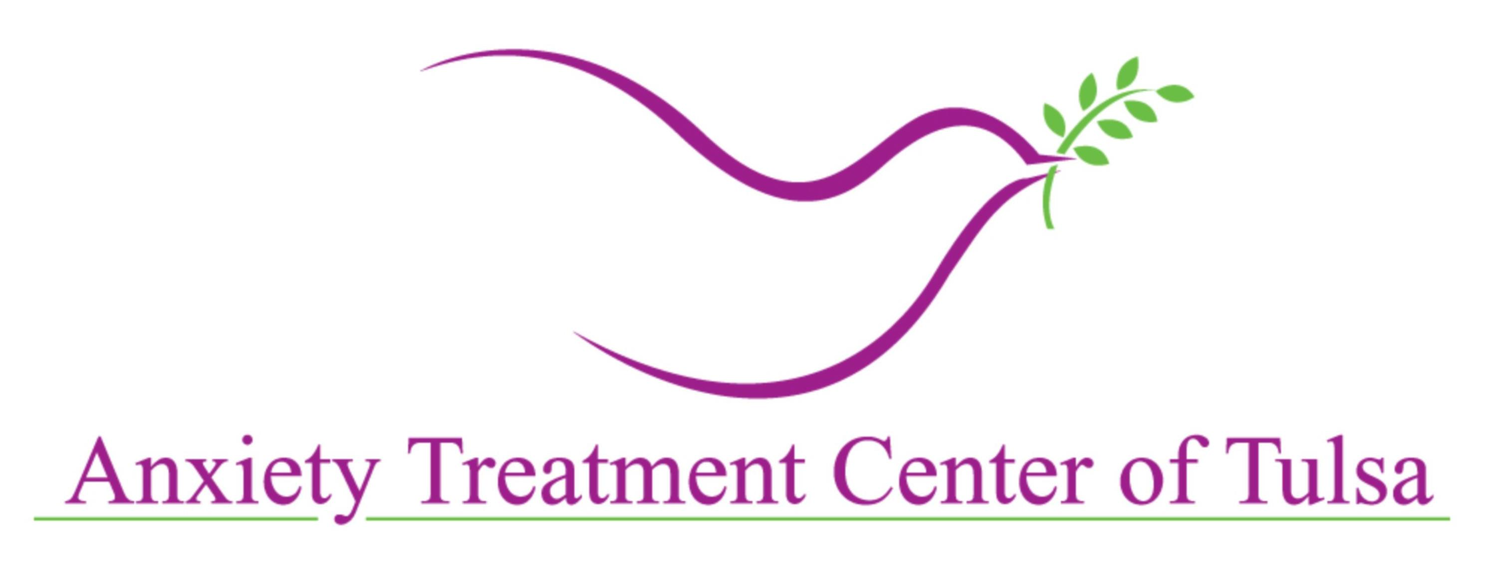Post-Traumatic Stress Disorder (PTSD)
If you have PTSD, it means that you have various ongoing symptoms that result from shocking or painful events you've experienced in the past.
PTSD symptoms are divided into four categories: Re-experiencing symptoms; avoidance symptoms; arousal and reactivity symptoms; and cognition and mood symptoms. Here are some of the main examples of each.
Re-experiencing (or “intrusive memories”) symptoms:
Flashbacks...where memories of the traumatic event repeatedly come back to you in an intense way, often involving physical symptoms like racing heart, sweating, etc.
Nightmares or bad dreams related to the traumatic events
Anxious or fearful thoughts while awake, relating to the traumatic events
Avoidance symptoms:
Avoiding places or objects or people or activities or experiences that remind you of the traumatic events
Avoiding thoughts or emotions related to the traumatic events
Arousal & reactivity symptoms:
Sleeping problems
Being startled easily
Feeling irritable or tense
Reacting in angry outbursts
Always being vigilant, on guard for danger
Cognition (thinking) & mood (emotion) symptoms:
Difficulty remembering important aspects of the traumatic events
Feelings and thoughts of guilt and blame…to a degree that’s unfair
Difficulty concentrating
Negative thoughts about oneself, others, and the world overall
Loss of interest in life activities that used to feel enjoyable
Difficulty maintaining close friendships
Strong feelings of guilt or shame
Self-destructive behavior (speeding, alcohol or drug abuse, etc.)
If the above symptoms last longer than a month after the traumatic event(s), you may be suffering from PTSD. (If you are still within a month of the traumatic event(s), it may be called acute stress disorder.)
If you would like to begin work on reclaiming your peace of mind from PTSD, please call Michael Posner, MSW, LCSW at (918) 830-3750.
